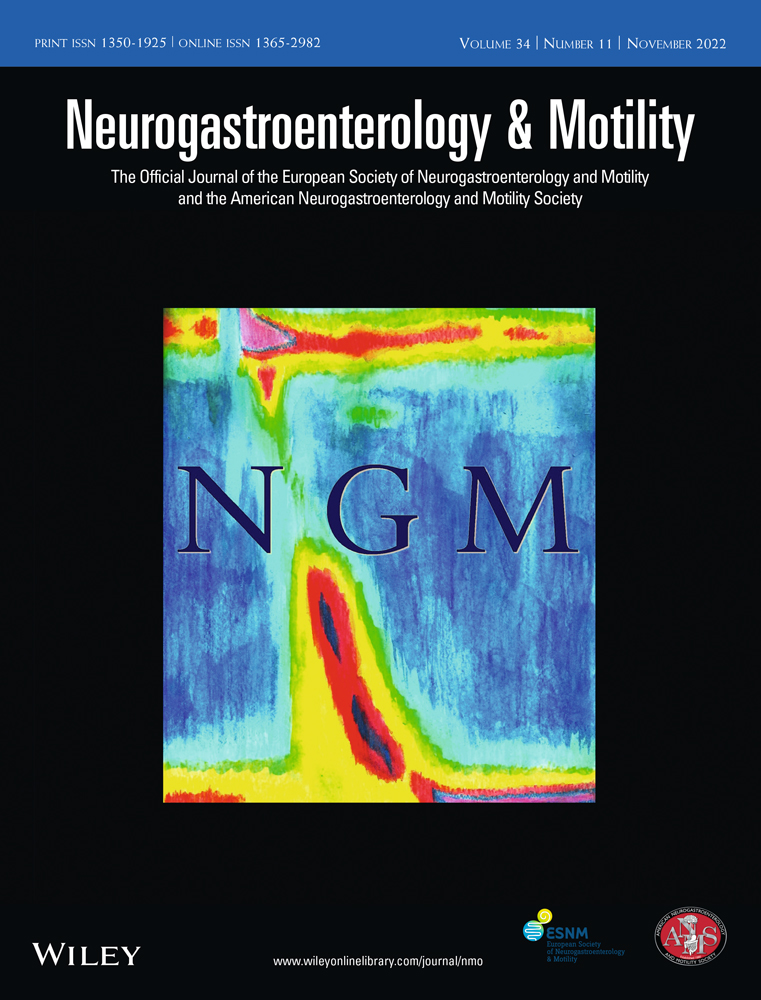Exploring the pathophysiology of LARS after low anterior resection for rectal cancer with high-resolution colon manometry
Anne Asnong first author.
Inge Geraerts, André D’Hoore shared last author.
Abstract
Background
A total mesorectal excision for rectal cancer—although nerve- and sphincter-sparing—can give rise to significant bowel symptoms, commonly referred to as low anterior resection syndrome (LARS). The exact pathophysiology of this syndrome still remains largely unknown, and the impact of radical surgery on colonic motility has only been scarcely investigated.
Methods
High-resolution colon manometry was performed in patients, 12–24 months after restoration of transit. Patients were divided into two groups: patients with major LARS and no/minor LARS, according to the LARS-score. Colonic motor patterns were compared, and the relationship of these patterns with the LARS-scores was investigated.
Key Results
Data were analyzed in 18 patients (9 no/minor LARS, 9 major LARS). Cyclic short antegrade motor patterns did occur more in patients with major LARS (total: p = 0.022; post-bisacodyl: p = 0.004) and were strongly correlated to LARS-scores after administering bisacodyl (p < 0.001). High amplitude propagating contractions (HAPC's) that started in the proximal colon and ended in the mid-section of the colon occurred significantly less in patients with major LARS compared with patients with no/minor LARS (p = 0.015).
Conclusions and Inferences
The occurrence of more cyclic short antegrade motor patterns and less HAPC's (from the proximal to the mid-colon) is more prevalent in patients with major LARS. These findings help to understand the differences in pathophysiology in patients developing major versus no/minor bowel complaints after TME for rectal cancer.
CONFLICTS OF INTEREST
The authors have no conflicts of interest to declare.




